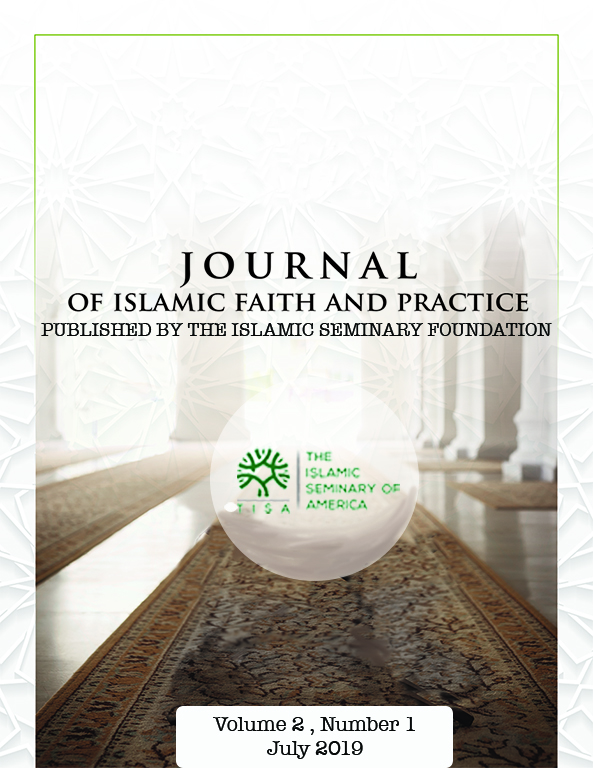Practicing Clinical Bioethics: Reflections from the Bedside
DOI:
https://doi.org/10.18060/23275Abstract
Biomedical dilemmas are becoming more complex as modern medical technologies continue to advance. In my capacity as a clinical bioethicist, I deal with patients and families confronted by ethical issues and questions that arise during medical treatment. Muslim patients often turn to their faith to help them make medical decisions. In their efforts to avoid what is religiously impermissible, they often ask local imams, community leaders, or Muslim physicians for advice. But these groups typically lack sufficient training when it comes to applying Islamic concepts to the medical dilemmas we face in American hospitals today. In fact, Muslim religious advisors who lack the appropriate medical and religious training should not be giving medical advice. Instead, they should refer their questions to the appropriate scholars, professionals, or referral centers. I have noticed that recommendations received from higher-level Islamic scholars with clinical backgrounds are usually more thoughtful, nuanced, and flexible. Clinicians, patients, and families must be able to access thoughtful Islamic scholarship that supports medical decision making in an accessible, timely, and clinically useful way. By intensifying efforts to combine religious scholarship, clinical understanding, and the effective dissemination of information, those in the field of Islamic bioethics scholarship can better help and support patients and families in determining the most appropriate religiously sanctioned options for their particular circumstances. The American Muslim community must prioritize this field of study.

